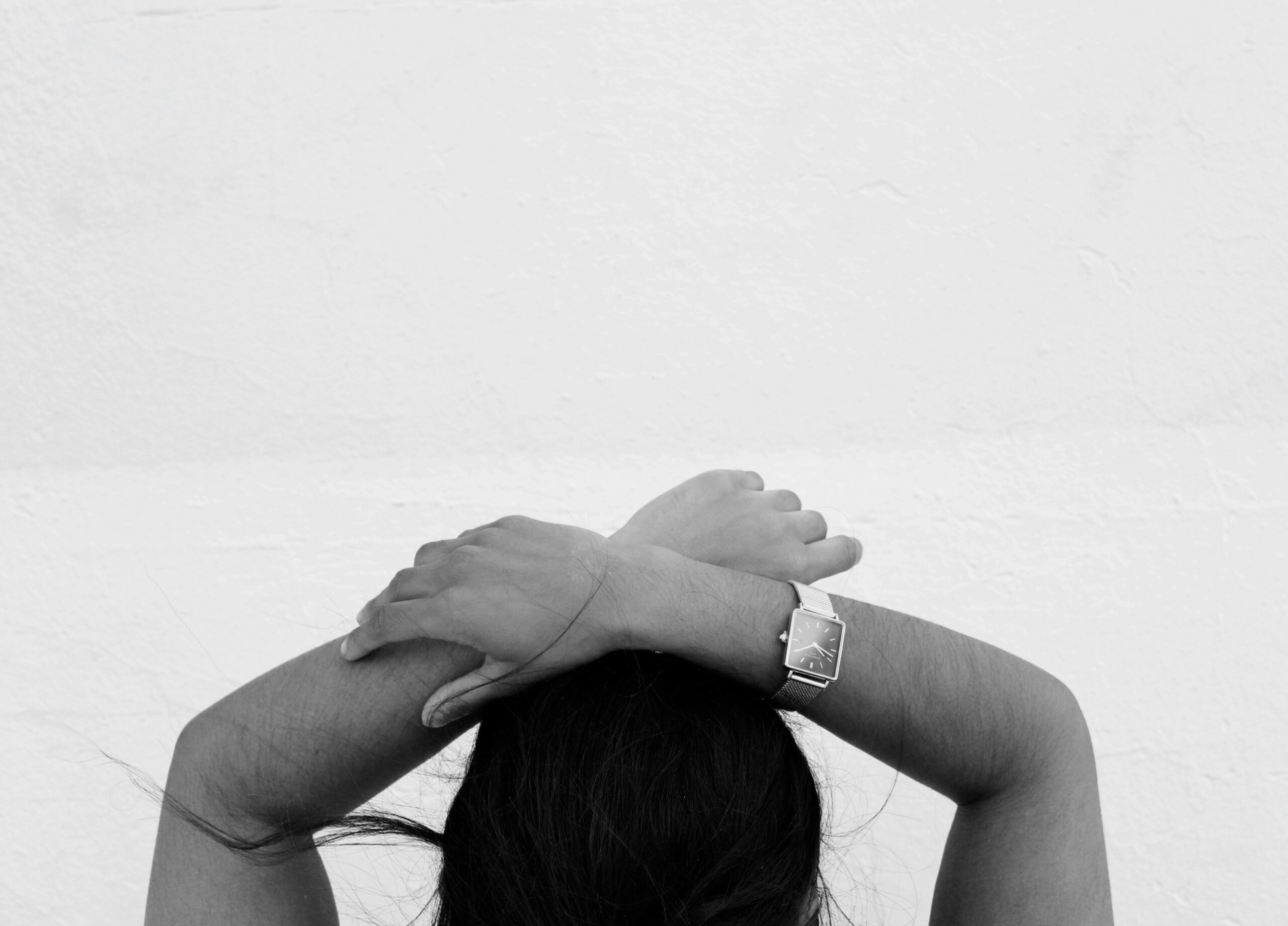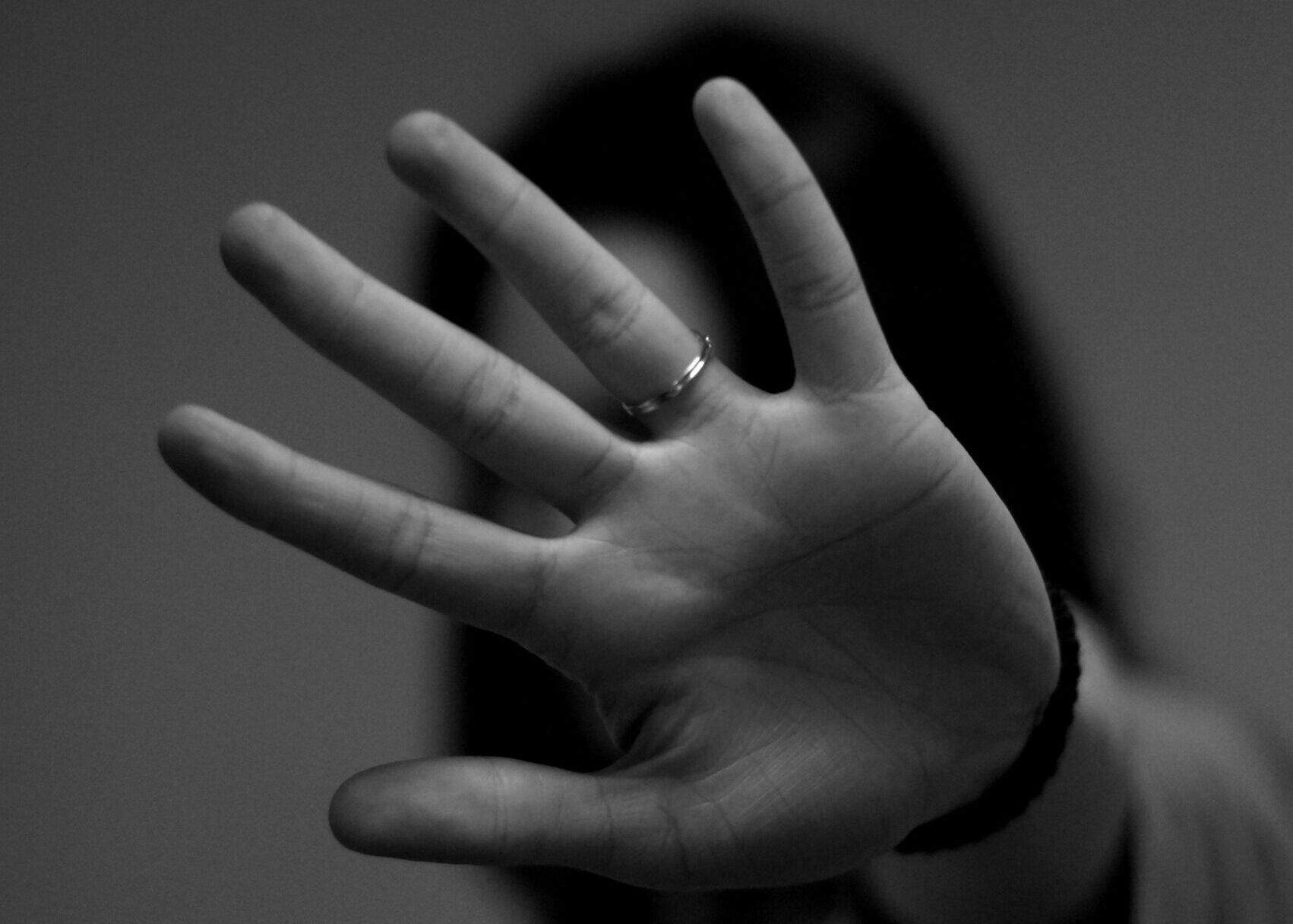When Your Child is Accused of a Sexual Offence: A Legal Guide for Parents
Few situations are more distressing for a parent than learning their child has been accused of a sexual offence. No one thinks it can happen to their child, but increasingly more children find themselves the subject of a police investigation. Along with the emotional turmoil comes serious legal implications that can impact your child’s future.
As specialist criminal defence solicitors, we understand how overwhelming this time can be. This guide will help you understand what’s happening, what you can do, and most importantly, how to protect your child’s legal position from the start.
If you’re interested in a particular section, use the links below to navigate straight to it:
- Do not delay in obtaining legal advice
- The role of the police and your rights
- Understanding the legal framework for sexual offences involving children
- Impact on school life
- Bullying, social media and reputational harm
- School staff giving legal advice – proceed with caution
- Acting as an appropriate adult – what parents need to know
- Protecting your child starts with the right advice
- Commonly asked FAQs
Concerned about your child being accused of a sexual offence? Contact our criminal defence solicitors today for expert guidance and support.
Do not delay in obtaining legal advice
The moment your child is accused, your first step should be to secure legal representation. Many parents understandably feel that if their child “just tells the truth”, things will sort themselves out. However, the legal framework for sexual allegations involving children is complex, especially in sensitive matters such as a child falsely accused of inappropriate touching or cases involving sexual abuse involving children.
Your child has the right to legal advice before speaking to the police. Even a voluntary interview can lead to charges or being placed on bail with strict conditions. Statements made early, especially without legal advice, can be misinterpreted, taken out of context, or used against them later.
The role of the police and your rights
The police may contact you or your child directly or through the school. You should not allow your child to be interviewed without a solicitor present, even if the officer says it’s “just a chat.”
Common pitfalls include:
- Children speaking without understanding their legal rights.
- Police asking leading or suggestive questions.
- Pressure to “cooperate” without legal safeguards.
Even if your child insists they have done nothing wrong, always get legal advice first. Our specialist criminal defence solicitors have extensive experience in advising children and young people, and many are parents themselves, who understand what you are going through.
We understand that explaining the law to a child is very different from speaking to an adult. We take the time to ensure your child genuinely understands what is happening and what their rights are. We’re skilled in helping young people engage with the police in a way that is clear and age-appropriate, while always safeguarding their legal position. Your child’s understanding, emotional well-being, and protection under the law are our highest priorities.
Understanding the legal framework for sexual offences involving children
The legal framework around sexual offences involving children is complex.
The legal system can recognise the difference between consensual sexual activity among children close in age and exploitative or abusive conduct, but this is often done through careful conversations with the Prosecution, so having an experienced solicitor on board is imperative.
Impact on school life
When a child is accused of a sexual offence, schools often take immediate action under their safeguarding duties. This can involve suspension, exclusion, or significant restrictions on your child’s contact with other students and staff. These decisions can have a lasting impact, both educationally and emotionally, and are sometimes made by schools as a knee-jerk reaction, without fully considering your child’s rights or best interests.
While our criminal defence team will advise you on the legal process and how it relates to the investigation, we also work closely with a separate team of education law solicitors who specialise in dealing with schools.
This means you’ll receive coordinated support that addresses both the criminal and educational aspects of your child’s situation, ensuring their legal rights and access to education are properly protected throughout this difficult period.
Bullying, social media and reputational harm
An accusation of a sexual offence can spread far beyond the classroom. Once word gets out, your child could be the victim of bullying, social isolation, or harassment from their friends, both in person and online. Rumours, group messages, and posts on platforms like Snapchat, TikTok, or Instagram can escalate quickly, creating an extremely hostile environment.
Even if the allegation is baseless or later withdrawn, such as in cases of a child falsely accused of inappropriate touching, the damage to your child’s reputation, mental health, and relationships can be long-lasting. In some cases, police bail conditions or school safeguarding measures may prohibit contact with other children, including close friends, leaving your child feeling isolated.
We can provide advice on how to manage these situations sensitively but firmly. Our priority is to ensure that your child is protected not only in the legal process but also in their day-to-day life, online and offline, while the investigation is ongoing.
School staff giving legal advice – proceed with caution
Teachers and safeguarding leads often mean well, but it is crucial to remember:
School staff are not lawyers.
They may suggest what they think is the “best thing to do”, including advising your child to apologise, admit fault, or speak openly to the police. This can have devastating consequences if criminal proceedings follow.
If you are ever unsure, get legal advice first. We can help navigate these conversations safely and ensure your child’s legal rights are protected.
Acting as an appropriate adult – what parents need to know
When a child is interviewed by police, they must have an appropriate adult present to ensure they are treated fairly. Often, this role is taken by a parent or carer. Understandably, many parents believe that simply being present will help, but few realise the legal implications of what they can say or do, or the emotional strain it can place on them and their child.
Being an appropriate adult is not the same as being a solicitor. You are there to support your child’s welfare and to help them understand the process, but you cannot give legal advice or intervene in questioning.
That’s where we come in.
We regularly support parents preparing to act as appropriate adults and attend interviews alongside both parent and child. Our criminal defence solicitors ensure:
- Your child understands their legal rights in age-appropriate language
- No inappropriate or leading questions are asked
- The interview process is fair, transparent, and properly recorded
- You, as a parent, are informed and supported throughout.
Protecting your child starts with the right advice
From the very first contact with the police, through to issues at school, relationships with friends, and social media fallout, these situations can spiral quickly without the right guidance. Early legal advice can make all the difference, not just to the outcome of the investigation, but to your child’s long-term future and wellbeing.
At Richard Nelson LLP, we provide clear, compassionate, and practical support to both children and their families. Our specialist criminal defence solicitors work closely with our team of education lawyers to give you complete, coordinated advice at every stage. Whether it’s attending police interviews, dealing with schools, or helping your child through a difficult social situation, we’re here to help.
Get in touch with our expert solicitors today to discuss your situation.
Commonly asked FAQs
What happens if a child touches another child inappropriately?
Allegations of inappropriate touching between children are treated seriously by police and schools. Investigations will determine if criminal conduct has occurred or if safeguarding measures are needed. It’s important not to rely on assumptions or informal advice; getting specialist legal support immediately can make a crucial difference.
What if my child has been falsely accused of inappropriate touching?
False accusations do happen, and they can have severe legal and social consequences for your child. Protecting your child’s legal position from the outset is vital. Experienced criminal defence solicitors can help challenge false claims, manage interactions with police and schools, and support your child emotionally through this difficult process.
Can a child be charged with molestation of another child in the UK?
Yes. Children can be charged with sexual offences against other children under UK law. The Sexual Offences Act 2003 covers a range of offences, including molestation, sexual assault, and more serious crimes. Whether a charge is appropriate depends on the facts, ages involved, and circumstances.




